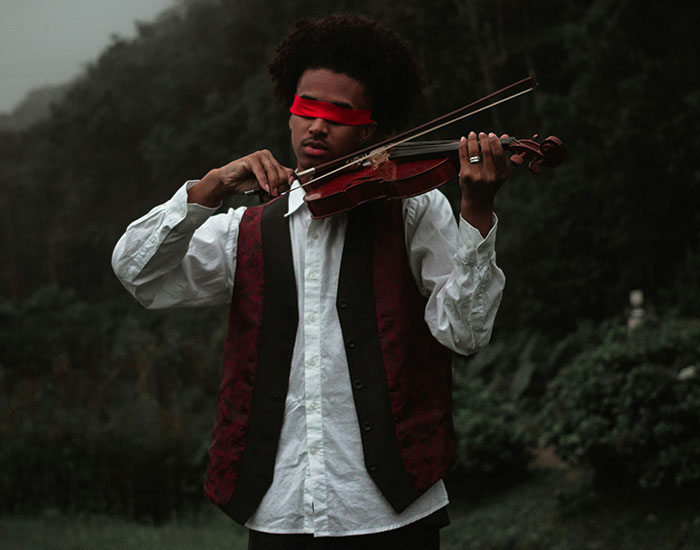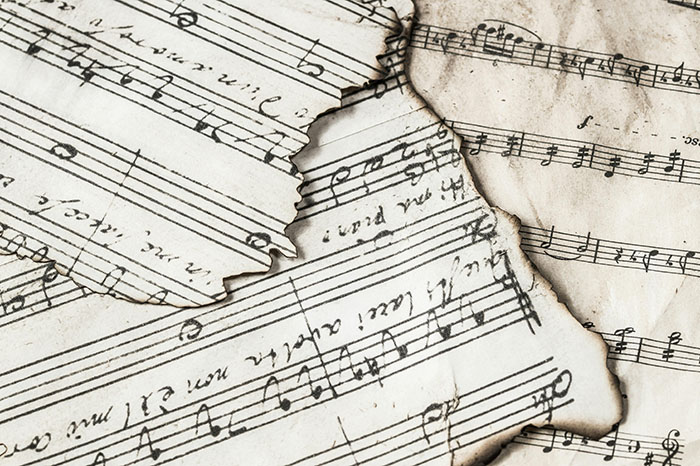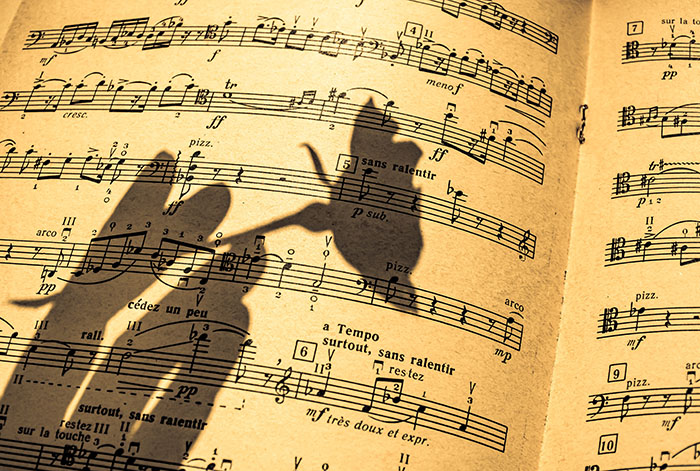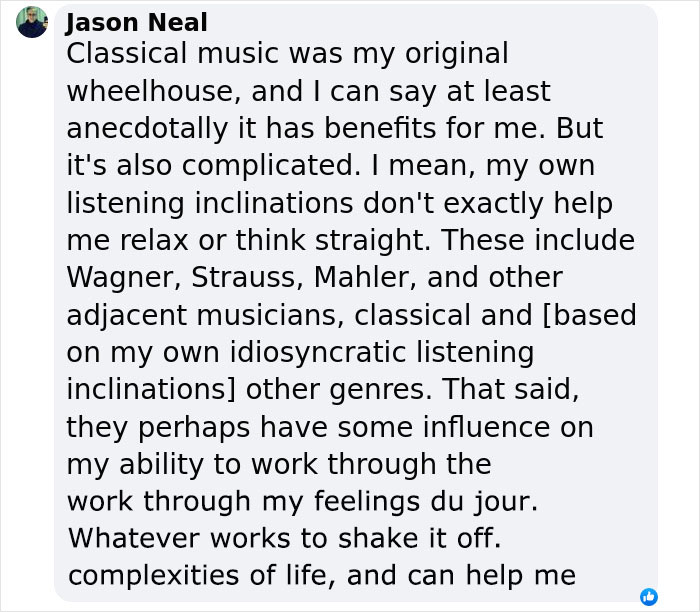It’s no secret that music can be reallyuplifting. We have probably all experienced situations where the right kind of song at the right time seemingly boosts our moods much above the baseline we were just at moments ago. But did you know that there’s actually quite a bit more potential where that comes from?
One study recently discovered that classicalmusicmay be not only nice to listen to but also gains the potential to synchronize our brains. This means that when applied correctly, it could become a powerful tool in treating depression even when it appears to be treatment-resistant. Scroll down to learn all about it!
More info:EurekAlert
RELATED:
Music has long been known to lift our moods, but it turns out it may be able to do quite a bit more than that

Image credits:Nathan Martins / Pexels (not the actual photo)
Scientists at Shanghai Jiao Tong University discovered that Western classical music might work as a strong antidepressant
Every person is unique, and so are our problems. One such issue that usually has a really negative impact on people’s lives isdepression. But while there are tools and methods for dealing with it, they don’t always work for every case.
This makes treating depression quite complicated, especially for those who seem to try out everything with no luck. Fortunately,scientistsat Shanghai Jiao Tong University might’ve finally found something that could work even for the most treatment-resistant patients.

Image credits:Karyme França / Pexels (not the actual photo)
The study was conducted on 13 patients who were diagnosed with severe depression. All treatments, from simple antidepressants to something as complicated as deep-brain stimulation with the help of electrode implants – nothing seemed to work for them. At least until now.
The researchers proceeded to group patients to better study the antidepressant mechanism that the music inhibited more precisely, eventually creating personalized music therapy plans for improvement. The classical music pieces were picked specifically so that the patient would have no familiarity with them, this way avoiding any interference from subjectiveexperiences.

Image credits:Viktoria Slowikowska / Pexels (not the actual photo)
The scientists plan to continue their studies while also collaborating with various specialists to create more widely accessible health devices based on their research
Now that the initial trials have proven to be successful, the team plans to delve deeper and study the interaction between music and the deep structures of the human brain, as well as what role it plays in depressive disorders. At the same time, they’re already starting to use their knowledge to develop much more accessible products.
“By collaborating with clinicians, music therapists, computer scientists, and engineers, we plan to develop a series of digital health products based on music therapy, such as smartphone applications and wearable devices,” shared Professor Bomin Sun in the study’spress release.
“These products will integrate personalized music recommendations, real-time emotional monitoring and feedback, and virtual-reality multi-sensory experiences to provide convenient and effective self-help tools for managing emotions and improving symptoms in daily life.”

Image credits:Ketut Subiyanto / Pexels (not the actual photo)
Providing us with a psychologist’s perspective on the matter, Hanan Parvez told Bored Panda that music is something that you could describe as the sound of emotions, and it does a masterful job of representing our emotional states.
“It has to do with rhythms. Emotions are rhythms, too. Some drain our energy, and others energize us. This is why you can find music to represent almost any emotion. All that music does is amplify what’s already happening in your head,” said the expert, talking about how the right kind of music at the right time can have a massive effect on us.

Image credits:Ylanite Koppens / Pexels (not the actual photo)
Of course, just like with anything good, there are some downsides that you should look out for. The psychologist explained that “Since music releases feel-good chemicals in the brain, it can quickly become addictive.
But when used mindfully, music is an incredible regulation tool. It can pick you up when you’re down, and it can also help you explore your feelings to find the answers you’re looking for. Equally so, it can boost your flow when you’re doing well while also helping you relax and even feel more creative. It might not do things for you, but it helps immensely.

Image credits:Aramis Cartam / Pexels (not the actual photo)
According to Jennifer L.W. Fink’s article onPfizer, one of the main reasons is that music usually has a strong connection to our mood. Listening or even making musical creations has the tendency to increase blood flow to brain regions that are responsible for generating and controlling memory and emotions.

Image credits:Andrea Piacquadio / Pexels (not the actual photo)
Music may be a great tool to shift our mood or help us remember things better, but it can also be a wonderful pain relief aid. While this doesn’t mean that your favorite tunes can make pain medicine obsolete, the distraction they provide is often the next best thing, as a good amount of pain we experience comes from our minds.

Image credits:Ri_Ya / Pixabay (not the actual photo)
In the end, we could say that music is arguably one of humanity’s greatest inventions. It might not be something we can see or touch, but its effects are immense, going way beyond the material world, and affecting us in ways few other things can. After all, something like a car might be able to take you places, but it could hardly cure severe depression, could it?
The commenters loved the findings and collectively praised classical music














Thanks! Check out the results:
Curiosities